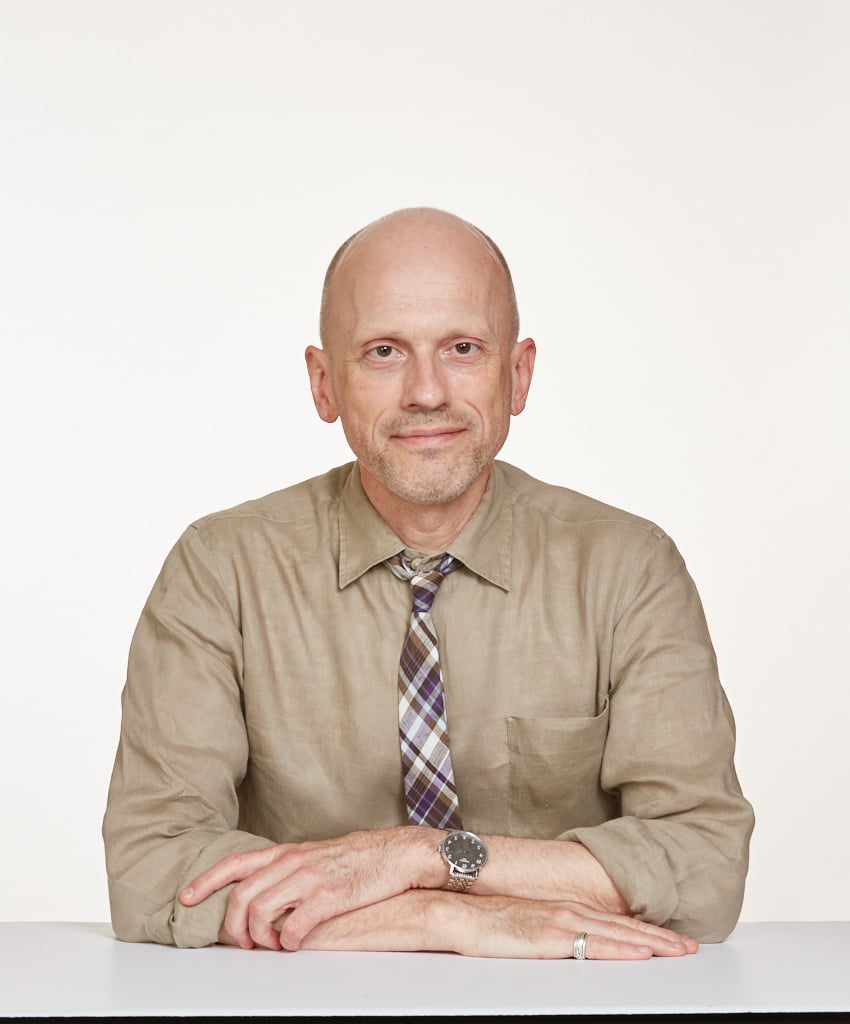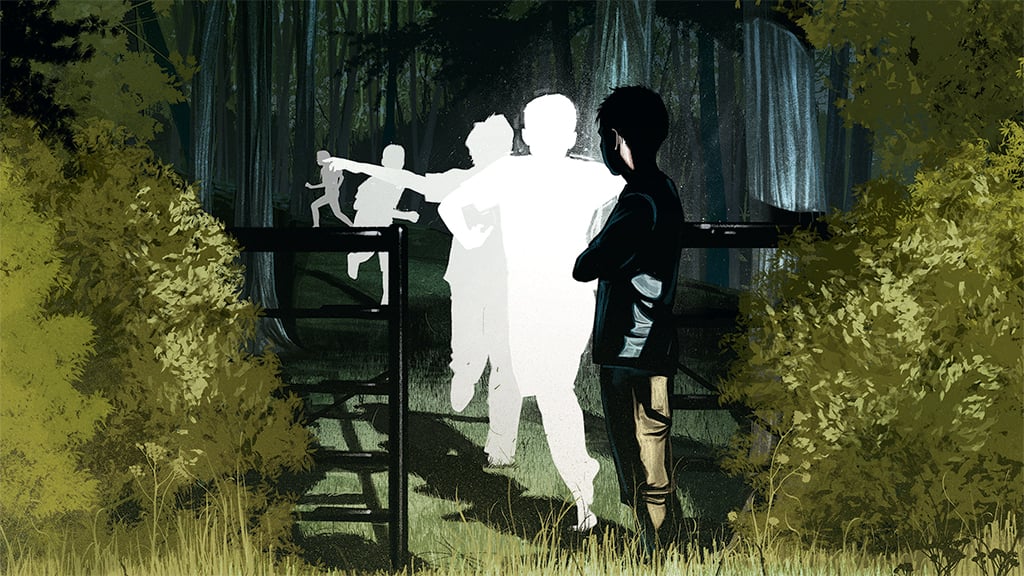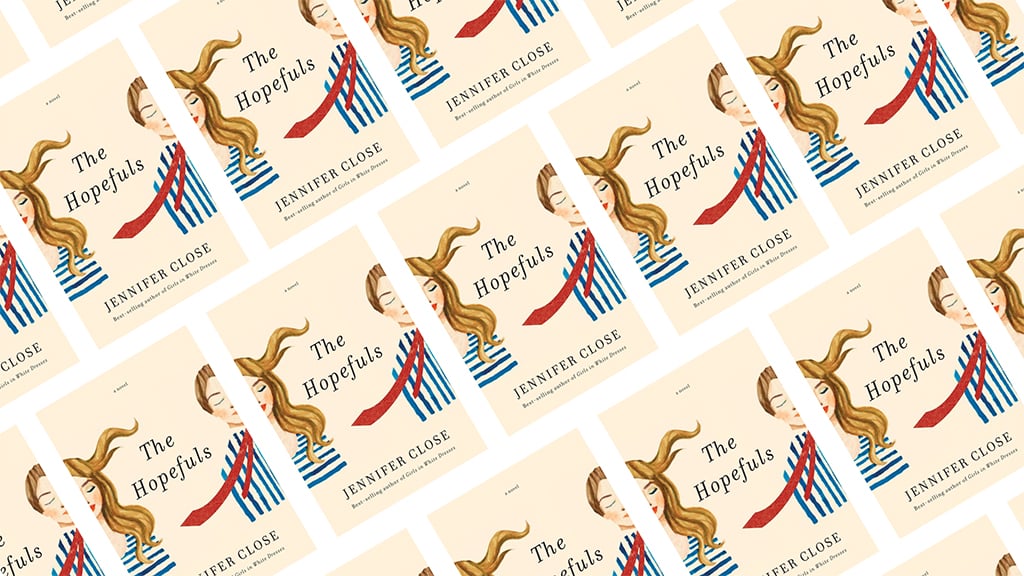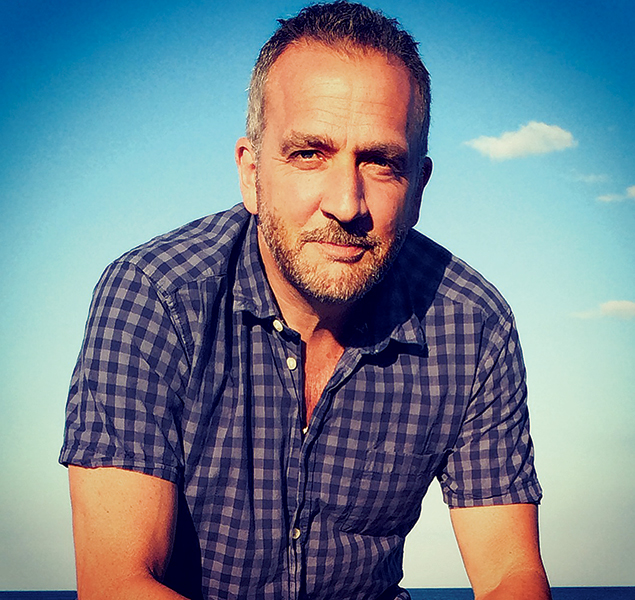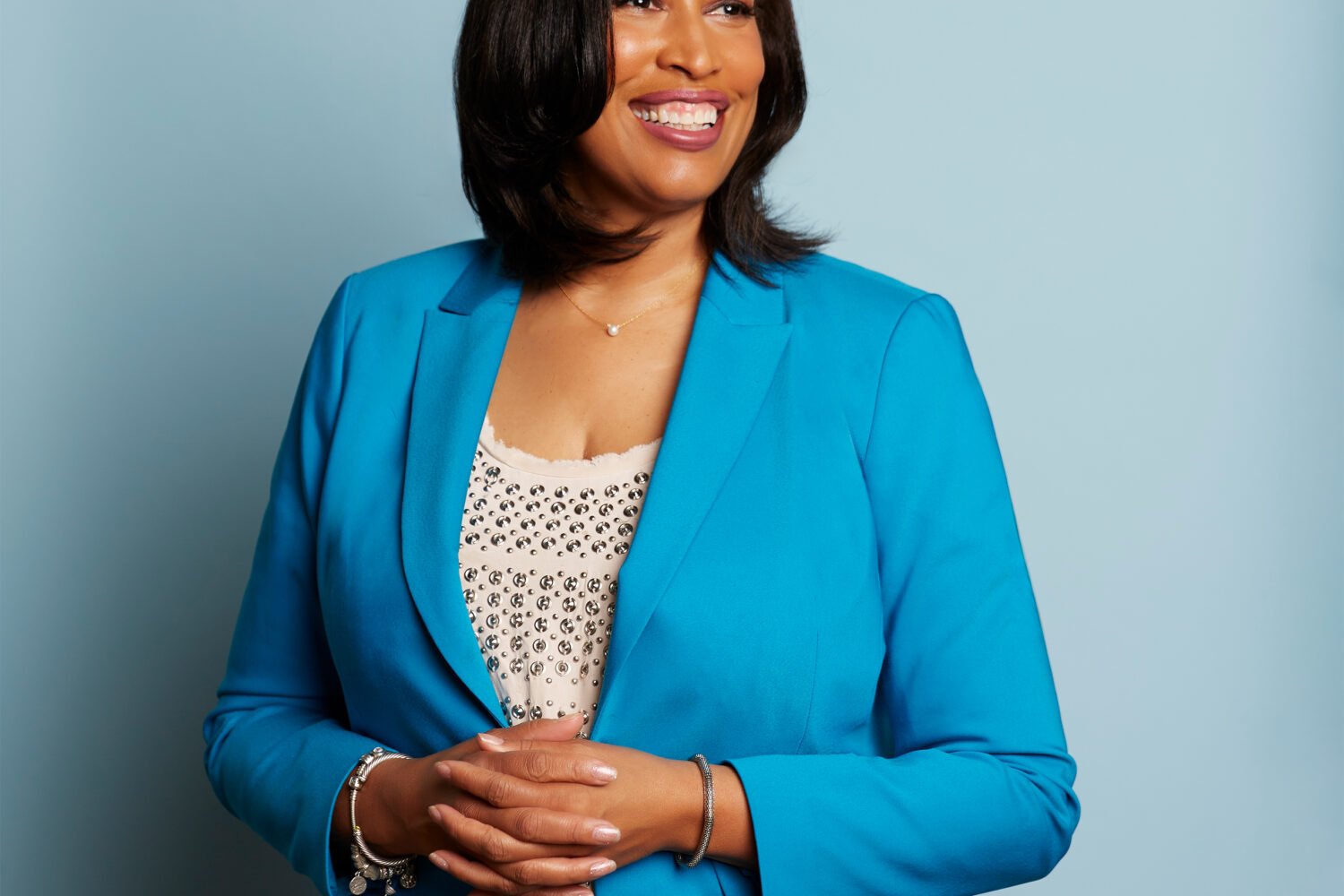Harvard is hot—or a hot potato.
In January came university president Lawrence H. Summers’s controversial suggestion that there might be a genetic basis for women’s underrepresentation in the sciences. Hard on its heels was Richard Bradley’s Harvard Rules: The Struggle for the Soul of the World’s Most Powerful University, a book critical of Summers’s leadership. Now comes another take on life at the most famous Ivy.
DC writer Ross Gregory Douthat, class of 2002, has a more personal story to tell. The target of his criticism isn’t so much Summers—in fact, Douthat has relatively admiring words for him—as it is the culture of the school itself. If Harvard is spared being bloodied in Douthat’s hands, it hobbles away plenty bruised.
“I entered wide-eyed and naive,” he writes, “expecting to be surrounded by intellectual ferment and immersed in what Matthew Arnold called ‘the best that has been thought and said.’ Instead, I was surrounded by privilege and immersed in the scramble for upward mobility, achievement, success for success’s sake.”
While that’s not exactly surprising, Douthat goes further by painting a portrait of ingrained laziness, snobbery, coattail-riding, misbehavior, and other byproducts of meritocracy among students and alumni. What lends his voice credibility is that he admits his own ambivalence toward, even participation in, the institution’s shallower side—from letting himself be courted by Harvard’s all-male clubs, despite claiming to loath their exclusivity, to sharing in the tricks of as little study as possible.
There are chapters on love, sex, and ethnic diversity (the last quality represented by “the African ambassador’s son, the Jewish lawyer’s heir, the Indian doctor’s pride and joy”). He tells of a social climber in his class, Suzanne Pomey, who embezzled $91,000 from the Hasty Pudding Theatricals student group—and the glee with which she was brought down. He describes the campus culture wars among conservatives, “parlor liberals,” and “street liberals” and dissects the all-important Harvard summer job. His own internship at National Review led him to conclude, “There were moments in that summer when I felt that I stood at the very center of the world, the fixed point around which all else moved.” This from a job that involved skinny-dipping with William F. Buckley.
The book ends on a mournful note—September 11, 2001, was registration day of Douthat’s senior year, setting the tone for his final two semesters. “A Harvard education,” he writes, “is not easily left behind, it turns out—the pull of privilege is too strong, my efforts to escape it too weak, too halfhearted. I have never braved danger, never feared for my life; the wars of my country are fought by other men. . . . Even this book has been written as much in ambition as in idealism.”
Douthat is doing well—he now writes for the Atlantic Monthly in its Washington office. He’s a smart guy and a gifted writer. How much of his insight is because of his Harvard education—and how much in spite of it?
Author:
Ross Gregory Douthat
Publisher:
Hyperion
Price:
$24.95

